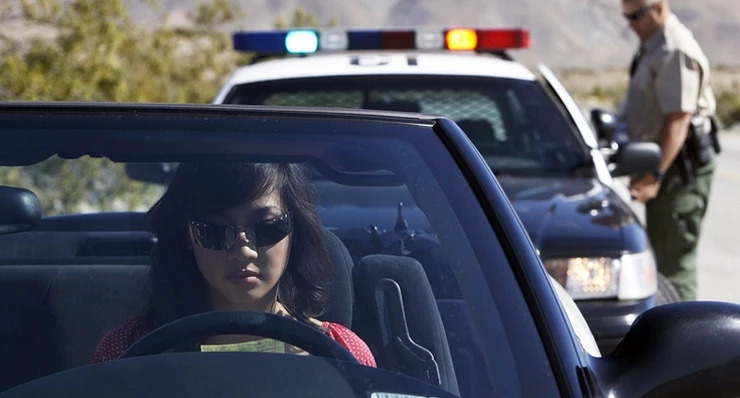
Updated: Jul 2, 2020
The final blog in a three part series explaining Texas tint laws
Part three is the final part in our series about tint laws in Texas. In this blog we will explore sunroof tinting, and tinting over privacy glass commonly found on SUV’s and trucks.
So the what about the application of tint to sunroofs? Well it just so happens that Texas has yet to weigh in on the legality of tinting a sunroof. So for now it’s perfectly legal to tint your sunroof. The question really is a whether or not it is ADVISABLE to tint that big glass hole right above your head.
Tinting the sunroof on a vehicle has long been a source of disagreement among window tinters, and tint companies. The controversy surrounds a long circulated rumor that tinting a sunroof can cause the sunroof to crack or even explode. I’m pretty sure that none of us want to dodge glass shrapnel exploding from our sunroof while cruising down the highway. So the question deserves an answer.
Some tint installers opine that the glass will crack or explode because “it’s laminated glass”, or “expansion issues causing it to heat unevenly and crack or shatter”, and then there’s “the glass is rigid and not able to flex during hot and cold weather resulting in potential cracks”. Interestingly, however, most of the posts you read online are not actually posted by tinters, but by car owners. Oftentimes it is hear say and not actual experience.
I can say, at Fletch Window Tint we have installed ceramic tint on hundreds of sunroofs without one single problem. The reason we only install ceramic film on a sunroof is because it contains no dye. The dye in tint DOES absorb heat. So films that contain dye will simply not perform as well as non dye based films. Since the roof of a car is easily the hottest surface (since it’s closer to the sun), then it stands to reason that a better performing film makes more sense.
What about installing tint over privacy glass? Today most SUV’s and extended cab or crew cab trucks come equipped with privacy glass. Privacy glass is usually created in an electrical process known as “deep dipping” which involves dyeing the inside of the glass used for a car with a dark pigment. There are benefits to privacy glass such as added privacy and limited heat rejection.
Privacy glass however, does nothing to block UV and very little to block infrared heat. Remember infrared heat is over 50% of the heat coming through your glass. Additionally, UV is a major contributor to fading, interior degradation, and even skin cancer. At Fletch Window Tint we always recommend applying ceramic or infrared tint over privacy glass. These films block 99% UV and over 80% infrared heat.

The important thing to keep in mind when tinting over privacy glass is that it is not advisable to darken the tint so that it makes it difficult to see out of. This is something that is especially critical when driving at night. Therein lies the beauty of ceramic window tint. Ceramic tint rejects more heat than conventional dye based films, even when applied in significantly lighter shades. So that means that you can install a 50% shade ceramic film and still gain substantial heat rejection. 50% is considered a very light shade of tint.
So our advice to anyone considering tinting their vehicle is always the same: “Keep it LEGAL and keep it SAFE”.

At Fletch Window Tint we work hard to keep our customers informed about all aspects of window tint. We also offer the latest film technologies such as ceramic and infrared films, which provide greater heat rejection without requiring dark shades of tint. If you have any questions feel free to contact us at www.fletchwindowtint.com or call us at 210-669-2940.
